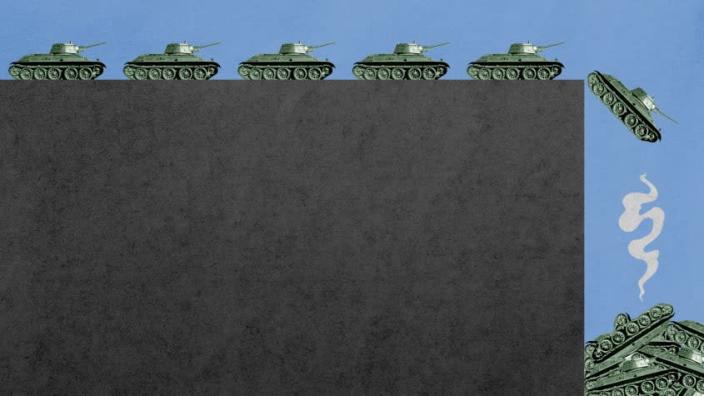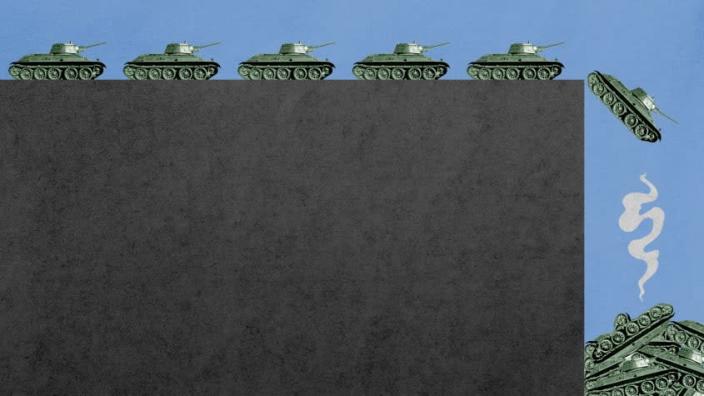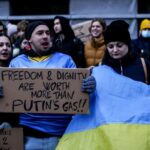
The Russian invasion of Ukraine has turned out to be a much tougher slog than the Kremlin anticipated. The Kyiv offensive appears stalled. The morale of Russia’s conscripts is poor. Instead of swiftly folding, Ukraine is fighting back.
None of this means Russia won’t prevail in Kyiv in the end. But the cost could be unsustainably high. This raises larger questions about whether invading and occupying foreign countries necessarily pays off for the invading and occupying power.
Sen. Marco Rubio (R-Fla.) laid out Russian President Vladimir Putin’s bad options in a tweet. “At best he will achieve a costly military victory followed by an even costlier long-term occupation & committed insurgency,” he wrote. “At worst, he will be trapped in a humiliating quagmire.”
If this sounds like the outcome of some policies Rubio himself has advocated, you may understand why these observations are relevant to the foreign policy considerations of governments that are not dictatorships engaged in unprovoked aggression. We think back to when imperial powers plundered other lands to add to their natural or material resources, or more recent cases where expansionist totalitarian regimes sought with each intervention to set themselves on a glide path to world domination.
But conquering unhappy foreigners in pursuit of ideological goals can actually make a country poorer and weaker rather than richer and stronger. This insight was one of the few points of agreement between Barack Obama and Donald Trump. The Soviet invasion of Afghanistan proved far more decisive in its Cold War defeat than the U.S. retreat from Vietnam. It is difficult to argue that two decades of war in Iraq and Afghanistan enhanced American strength or prestige, ending in lengthy occupations to protect short-term gains at massive costs. Afghanistan, for both Washington and Moscow, may be a better predictor of how these wars are going to go than the Cold War or World War II.
Russia has less blood and treasure to spare than the U.S. The ruble is not the world’s reserve currency. And there is nothing equivalent to the 9/11 terrorist attacks to avenge. The human cost to Ukraine may be devastating, which is why the world is right to oppose what Putin is doing. But the benefits to Russia longer term could be nugatory. We must think differently about war — and hope China does too.
You may also like
Only 5 countries, including North Korea, vote against U.N. resolution condemning Russia




